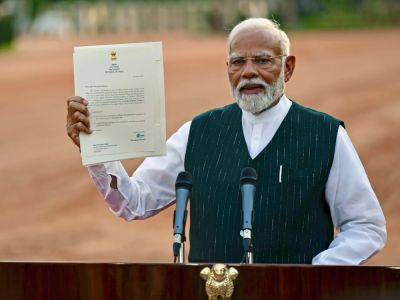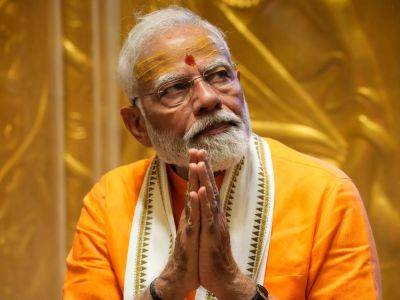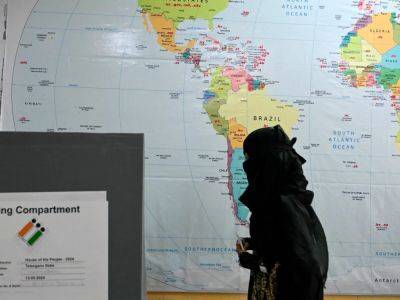India’s Teesta River funding: ambition or illusion?
During a visit to Dhaka on May 8-9, Indian Foreign Secretary Vinay Kwatra expressed India’s interest in financing the Teesta River project, marking a significant shift in India’s engagement with Bangladesh regarding this long-contested water resource.
This expression of interest coincides with China’s ongoing involvement and proposal to finance the same project. India’s investment in the Teesta River project was motivated by China’s prior engagement and perceived geopolitical challenge. By financing the project, India aims to counterbalance China’s influence and uphold its regional dominance, highlighting the complex interplay of strategic interests in South Asia.
However, India’s recent expression of interest in financing the Teesta project seems less a genuine commitment and more a move to counter China’s influence. This belated expression of interest raises serious doubts about India’s sincerity and capability to finance the project effectively, especially given its recent economic challenges and the dubious reliability of its lines of credit.
The timing of India’s interest, juxtaposed with China’s already ongoing involvement, suggests a reactive rather than proactive stance. India’s hesitation and delayed actions in making a Teestawater-sharing agreement with Bangladesh have allowed China to gain a foothold in a critical infrastructure project that could significantly enhance its influence in Bangladesh and the broader South Asian region.
India’s reluctance and Bangladesh’s turn to China
India’s prolonged reluctance and blatant negligence regarding the Teesta water-sharing treaty highlight a disturbing pattern of broken promises. For decades, India has dragged its feet, leaving Bangladesh in a dire predicament and







